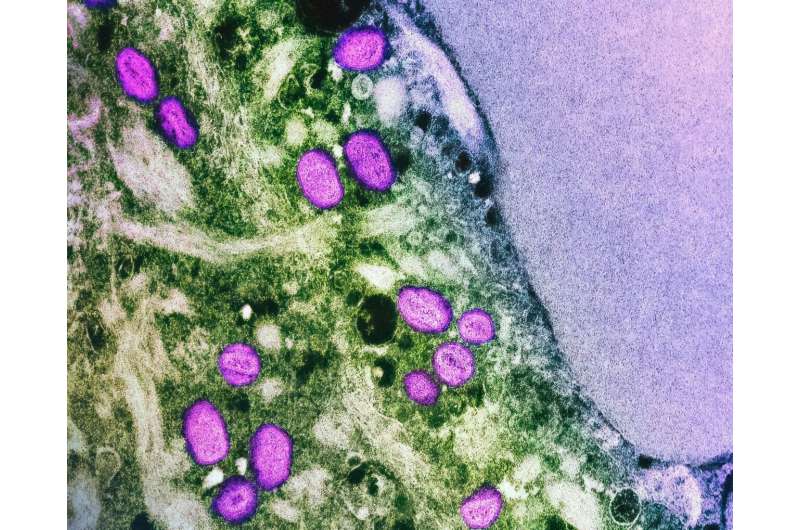Automated Smoking Cessation Support for Parents Shows Promise in Reducing Tobacco Use

A new study reveals that automated smoking cessation programs integrated into pediatric care can significantly increase treatment engagement and reduce cigarette use among parents, promoting healthier families.
Recent research conducted by Children's Hospital of Philadelphia (CHOP) and Mass General Brigham highlights the potential of integrating automated smoking cessation programs into pediatric primary care settings. The study involved 817 parents who smoked and were enrolled across 12 pediatric practices in Philadelphia from July 2021 to August 2023. Children’s healthcare visits often serve as an optimal touchpoint to address parental health behaviors, including smoking. The intervention utilized electronic health records to proactively screen parents for tobacco use during their child's visits and offered them automated support to quit.
Parents in the intervention group received various resources, such as home delivery of nicotine replacement therapies, enrollment in quitlines, and access to SMS-based programs like SmokefreeTXT. They also received support from health navigators at the time of enrollment. Results showed that nearly half of the participating parents (48.2%) engaged with nicotine replacement therapies, compared to 16% in the control group. Additionally, 22.8% of those in the intervention used quitlines or SMS programs, versus only 2.2% in the control arm.
The study revealed that over 80% of parents in the intervention group attempted to quit within three months, which was higher than the 70% in the control group. Importantly, this group also experienced a greater reduction in the average number of cigarettes smoked daily and the percentage of daily smokers. However, the biochemically confirmed seven-day abstinence rate was modest, at 8.3% for the intervention group compared to 6.4% for the controls.
Experts suggest that these findings are encouraging, indicating that automated and integrated approaches can significantly boost treatment engagement and reduce cigarette consumption among parents. Dr. Alexander Fiks, a pediatrician at CHOP, emphasized the potential of such strategies to expand the reach of smoking cessation efforts through routine pediatric visits. Dr. Jonathan Winickoff from Massachusetts General Hospital also noted that healthcare systems nationwide could adopt similar automated support frameworks, potentially improving quit rates with additional FDA-approved medications.
The study underscores the importance of leveraging pediatric health visits as strategic opportunities to address parental smoking behaviors, thereby reducing secondhand smoke exposure among children and improving overall family health. As more healthcare systems adopt these automated interventions, there is hope for a broader impact in curbing tobacco use among parents.
Source: https://medicalxpress.com/news/2025-09-automated-interventions-parents-curb-tobacco.html
Stay Updated with Mia's Feed
Get the latest health & wellness insights delivered straight to your inbox.
Related Articles
How a Defective Brain Transport Protein Can Lead to Severe Epilepsy
Researchers have uncovered how mutations in the SLC13A5 transporter impair citrate uptake in neurons, leading to severe epilepsy and developmental delays. This study advances understanding of genetic causes of neurological disorders and paves the way for targeted treatments.
Sierra Leone Reports Over 3,000 Mpox Cases and 14 Deaths in 2025
Sierra Leone reports over 3,000 mpox cases and 14 deaths in 2025, with cases spreading across all regions. The government has increased efforts to manage the outbreak amid regional rises.
Guinea Sees Over 200 Mpox Cases Since First Detection
Guinea reports over 200 cases of monkeypox since the outbreak was first detected, with continued spread in West Africa prompting global health concerns.
Breakthrough in Kidney Regenerative Medicine: Human Kidney Organoids Grown from Stem Cells Mirroring Fetal Development
Researchers have developed human kidney organoids from tissue stem cells that mirror fetal kidney development, offering new avenues for studying kidney diseases and regenerative therapies.



